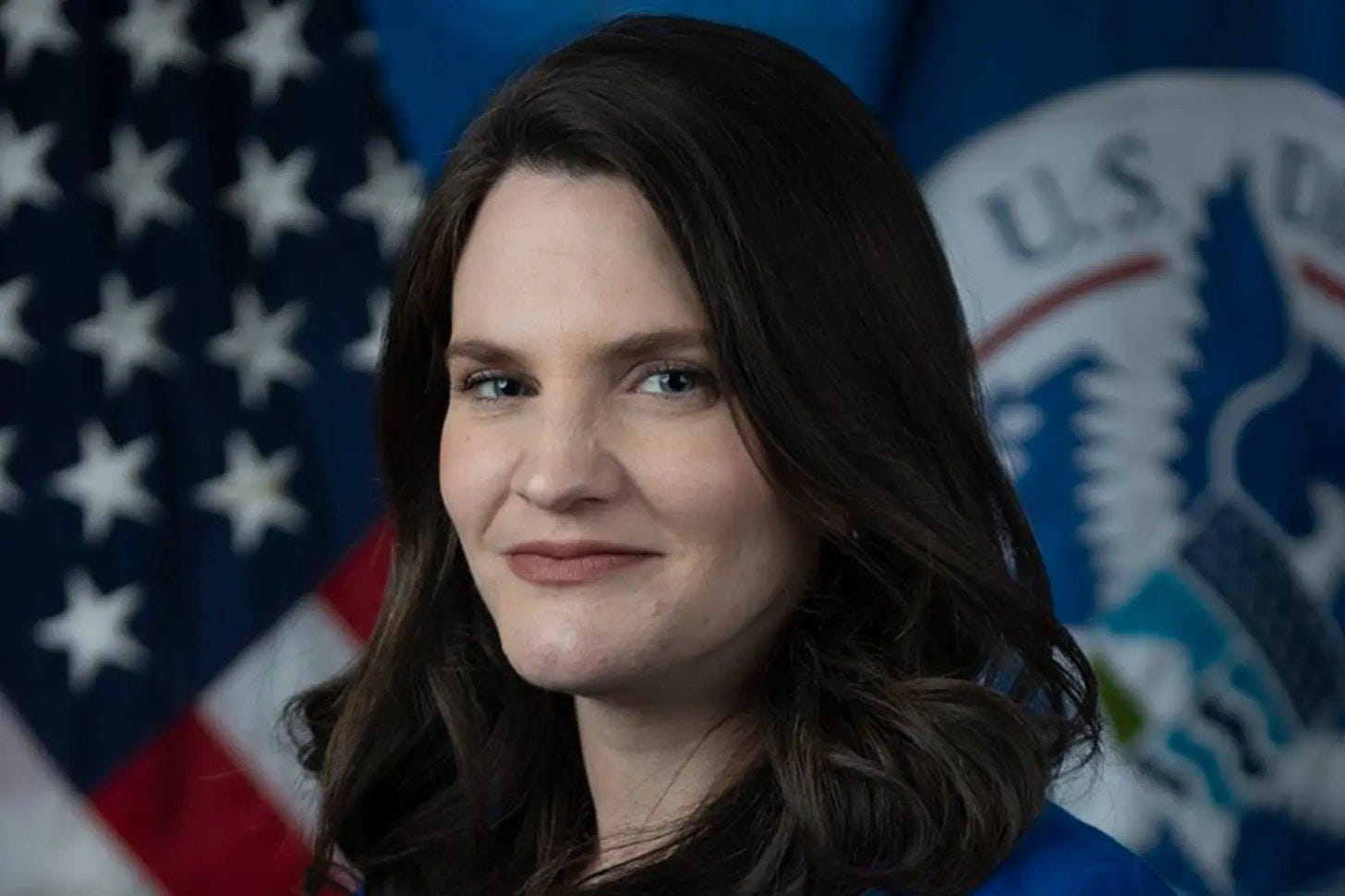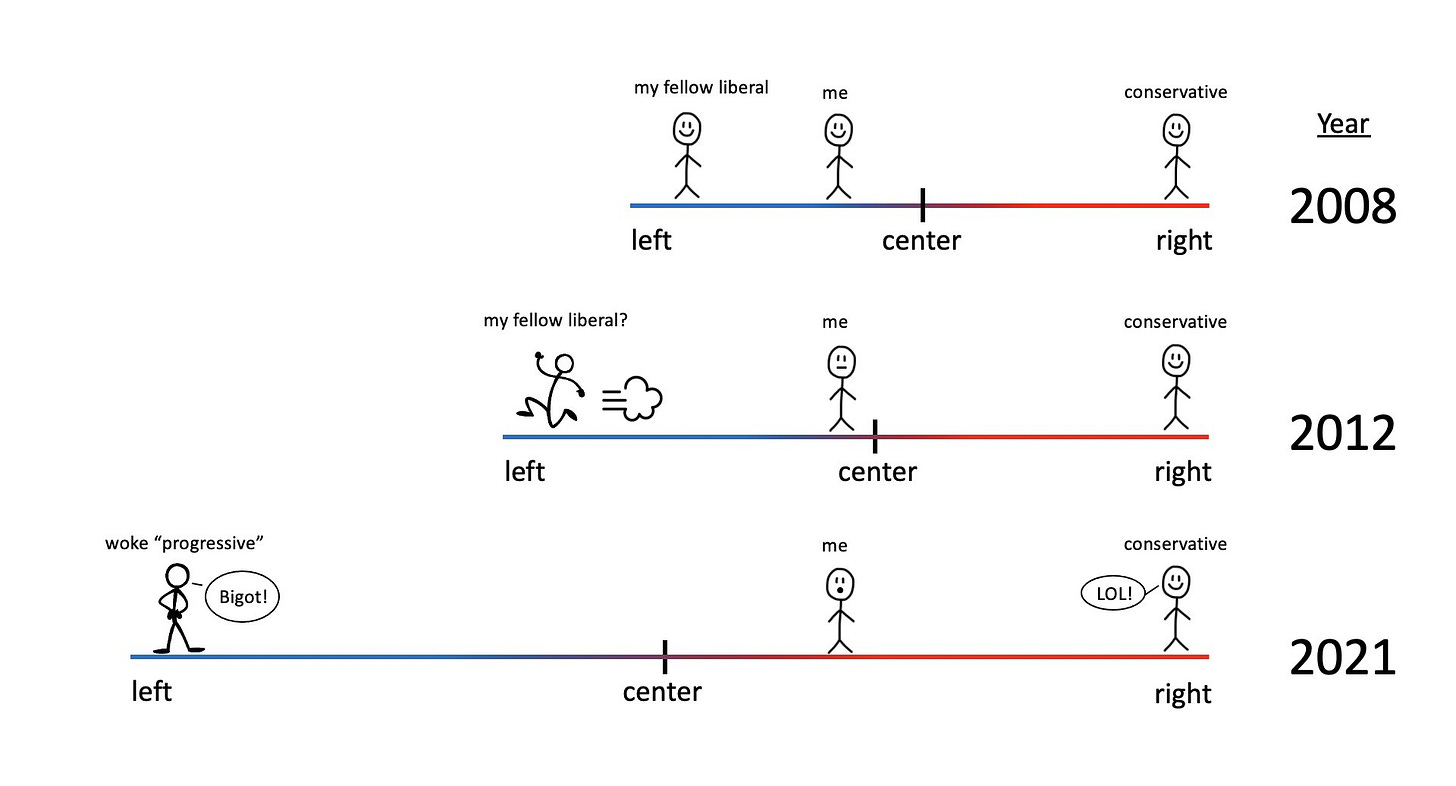Race-based double standards exist in media, but not always how you think
On our Substack, FAIR Advisor Wilfred Reilly wrote about the ways media reaction to the conflict between Chris Rock and Will Smith at the 2022 Oscars ceremony reflects a larger and more pernicious problem:
This reaction is a microcosm of a broader pattern that has become common in recent years: high-profile defenses of “POC” and/or attacks on “white” people, combined with claims that no one ever defends minorities or criticizes whites.
…Let’s be blunt: this whole argument is pretty damned silly. While lower-end white racism, of the kind measured by audit studies, clearly still exists, it is also a facially obvious truth that formalized advantages for people of color are a feature of modern middle class life. It is generally just not true that black or Hispanic applicants have to “work far harder” than equally qualified whites to secure executive jobs or student slots in solid universities.
How talking to strangers on the bus changed my views on race
Also on our Substack, FAIR Fellow Quay Hanna wrote about growing up grappling with race-essentialist beliefs, and how his experiences riding the bus with strangers of all backgrounds opened his eyes:
Growing up in rural “white” America, I was labeled everything from a hick to a redneck to white trash. I spent a portion of this time—from about ages sixteen to twenty-three—buying into the belief that I was biologically superior because of my skin color.
…I found myself sitting on the bus next to people who I assumed shared nothing in common with me—people with darker skin, people from big cities, people from other states, people who never went to college or even graduated high school. In stark contrast to the race essentialism I had developed over the previous years, I was amazed by the striking similarities I had with these passengers.
Blackness and Standard English Can Coexist. Professors, Take Note.
For the The New York Times, FAIR Advisor John McWhorter wrote about the insistence by some activist academics that requiring “black” students to write and speak in “Standard English” should be considered a kind of oppression:
Too often, what we’re presented with as authentically Black is a kind of essentialization. The idea that people’s authenticity stops at their home dialect does not reflect how people operate linguistically or their experience. Foisted on Black Americans, this idea of the standard dialect as a quiet menace, whatever its progressive intentions, is limiting.
McWhorter’s sentiments echo FAIR Advisor Erec Smith’s recent piece for our Substack on the same topic, pushing against activist and essentialist views toward language and composition that ultimately harm students of all backgrounds.
A divided America is united in its freedom to debate those differences
For The New York Post, FAIR Advisor Douglas Murray wrote about the importance of the First Amendment and how free speech has the power to help heal our national divide—if we let it:
Most countries don’t have a First Amendment, because most countries don’t have America’s faith in free speech. Most countries in the world today, and historically, find free expression to be a nuisance. China’s rulers think a free press is a right pain. So they don’t allow it. If you live in China or Russia today you get told what to believe. You get told what you are allowed to know. And you’re expected to just suck it up.
…In a country this huge we are always going to have different opinions. And we need to learn how to live together, not how to divide ourselves further. The answer is not less speech, or government-approved speech, but more speech.
Moderation in the Name of Liberty is No Vice
For Washington Monthly, John Halpin reviews Francis Fukuyama’s new book, Liberalism and its Discontents, which “offers an eloquent and eminently sensible defense of liberal freedom and pluralism that should be read and debated by leaders and activists across the ideological spectrum.” He writes:
Properly understood, liberalism embraces different religious, ethnic, and cultural identities and patriotism. Liberal universal values can also help to define a more inclusive nationalism based on common civic values of tolerance, freedom, and respect for differences rather than a more exclusive one based on race, religion, or ethnicity.
All Hail America's New Truth Czar!
For FAIR Advisor Bari Weiss’ Substack, Common Sense, journalist and BARpod co-host Katie Hertzog wrote about the Department of Homeland Security’s new Disinformation Governance Board and its leader, “Nina Jankowicz, who writes songs about misinformation for fun”:
The Disinformation Governance Board, or the Ministry of Truth, as critics dubbed it, has an ambitious mission: to stop the spread of misinformation. That sounds nice. Except, what one woman calls “misinformation” another might just call “information.” As you may recall, recent stories labeled “misinformation” include some that look increasingly legit, like Hunter Biden’s forgotten laptop, the Covid lab leak theory, and Wayfair selling cabinets full of stolen children (ok, that one might actually be fake).
Elon Musk Tweeted My Cartoon
For The Wall Street Journal, Colin Wright wrote about a political cartoon he had created and shared on Twitter, which he designed to illustrate his sense of alienation from the political left since 2008. The cartoon was then shared by Elon Musk and caused an uproar online:
When my cartoon went viral, it resonated with many people—and caused dissonance in the left-wing media. The Washington Post’s Greg Sargent called it a “silly chart” that has been “brutally debunked.” His colleague Philip Bump described it as “simply wrong” and an “obvious exaggeration.” Mr. Bump even provided a series of actual silly charts showing “the average ideological score (using a metric called DW-NOMINATE)” and “evaluations of ideology as measured in the biennial General Social Survey (GSS).”
For audio versions of our FAIR News and FAIR Weekly Roundup newsletters, subscribe and listen to FAIR News Weekly on Apple Podcasts, Spotify, Google Podcasts, or via RSS feed.
Join the FAIR Community
Become a FAIR volunteer or to join a FAIR chapter.
Join a Welcome to FAIR Zoom information session to learn more about our mission, or watch a previously recorded session in the Members section of www.fairforall.org.
Take the Pro-Human Pledge and help promote a common culture based on fairness, understanding, and humanity.
Join the FAIR community to connect and share information with other members.
Share your reviews and incident reports on our FAIR Transparency website.













